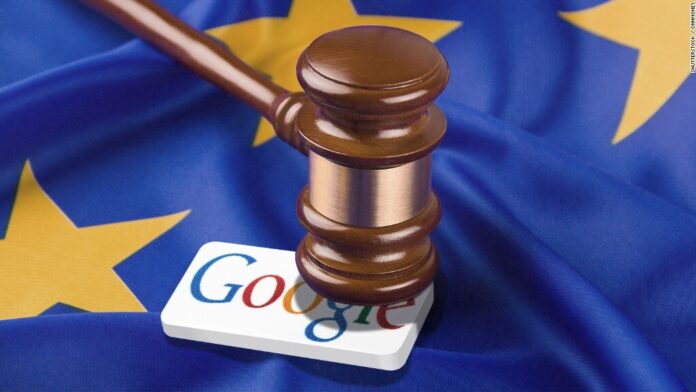- The European Commission is requesting Google to delete Russian state media results from search within the EU.
- Google uploaded a letter, where officials explained; search engines play an essential part in disseminating content.
- For now, Google didn’t return The Post’s request, yet publications say search conducted within the EU didn’t bring up links for Russian media.
The letter explained how officials ordered to ban the broadcast of RT and Sputnik in the whole European Union; it also applies to internet companies in general.
Yet, it’s not clear how this order applies to internet companies like Facebook, Twitter, and Tiktok because before Russia’s Invasion of Ukraine began, the EU president said: “will no longer be able to spread their lies to justify Putin’s war.”
Representatives of Meta, TikTok, and Twitter didn’t immediately respond to requests for comment.
Part of a letter from Google;
“The activity of search engines plays a decisive role in the overall dissemination of content in that it renders the latter accessible to any internet user making a search on the basis of the content indication or related terms, including to internet users who otherwise would not have found the web page on which that content is published…Consequently, if search engines such as Google did not delist RT and Sputnik, they would facilitate the public’s access to the content of RT and Sputnik, or contribute to such access.
It follows from the foregoing that by virtue of the Regulation, providers of Internet search services must make sure that i) any link to the Internet sites of RT and Sputnik and ii) any content of RT and Sputnik, including short textual descriptions, visual elements and links to the corresponding websites do not appear in the search results delivered to users located in the EU.”
The EU should know the difference between state-owned content VS users’ content; that’s why companies must draw a line which content should be banned, the email says.
“Admittedly, that line might be difficult to draw in certain cases in practice,” the email says.
News Recommendations:
- Mykhailo Fedorov calling Google to shut down services in Russia
- On March 14th, Instagram will be banned in Russia
- Read Tim Cook’s letter to Apple workers regarding Ukraine
- Facebook limits false campaigns over Ukraine by blocking some Russian media accounts
- People are using Google Maps to track invasions between Russia and Ukraine
- Ukraine calls Apple to block Russian users from the App Store

